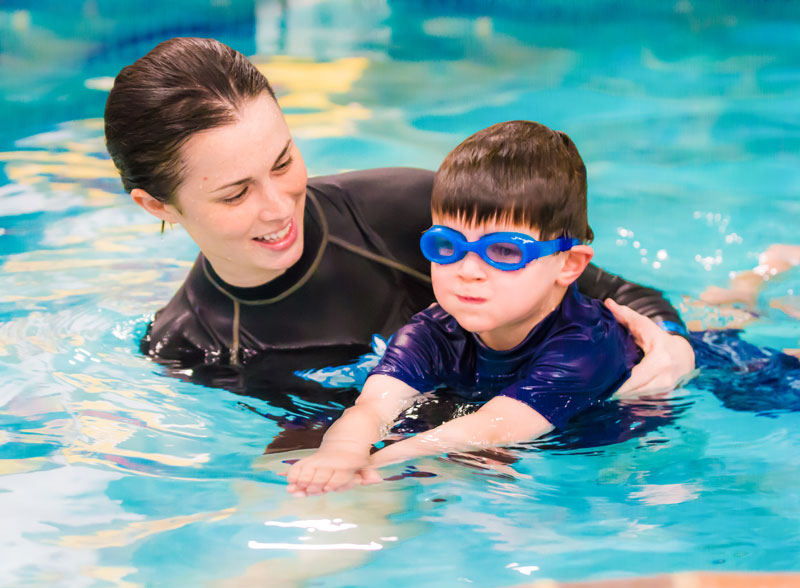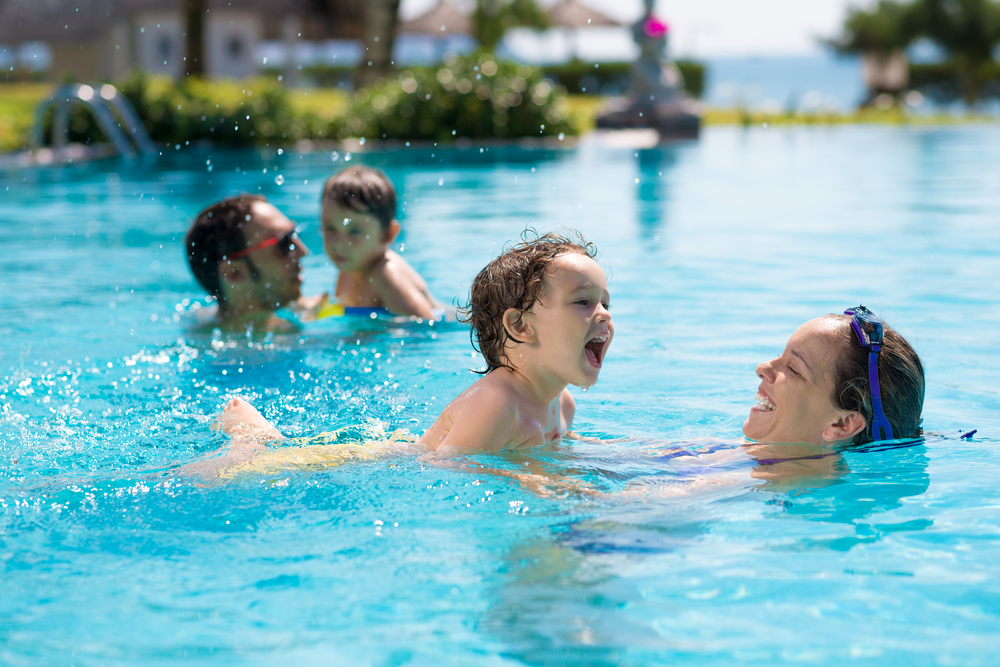
Swimming is a fun, safe and useful sport. It has many health benefits for children. It also provides an excellent exercise routine. Swimming lessons are offered in most elementary schools, lifeguard certification or lifeguard recertification courses and through swimming clubs or swim teams at the high school level. If you have a pool at home or are considering purchasing one, you may want to consider hiring a professional instructor.
Types of Swimming Lessons
There are three types of lessons:
Individual Lessons:
Individual lessons are given by an instructor one-on-one with each student. This is the most expensive type of lesson and is best for a serious athlete. The instructor should be able to help you learn all aspects of swimming technique, stroke, and stroke mechanics.
Poolside Lessons:
Poolside lessons are offered in a group setting with many students. These are perfect for recreational swimmers and people who are just starting out.
Group Lessons:
Group lessons are offered with several students at once. If you are a beginner then these lessons are the best for you. The group lessons also suit children because they are more secure learning to swim in the group. You can also hire an instructor to teach you and your family how to swim.
Swimming in lifeguarding
Now let’s talk about the lifeguard training with certification because lifeguarding is a job that requires strong swimming skills, but also requires a certain level of skill and knowledge.
What Does The Lifeguard Certification Mean?
The lifeguard certification course is a four-hour course that covers a lot of information, and it can be taken either online or at a local pool. Once you have completed the training and started a job at some pool or beach, then you will need to get a lifeguard recertification after one year of training. It is because of the need of refreshing and update your lifeguarding skill. The lifeguard certification course covers the following topics:
Introduction to Water Safety
The basics of water safety such as how to swim and basic life-saving techniques. The basic lifeguard certification course teaches you how to swim so that you can be safe in the water. The basic lifeguard course also teaches the use of rescue equipment and basic first aid. The lifeguard recertification checks and updates these skills.
If you’re planning on being a lifeguard, then you’ll need to know how to properly use the rescue equipment and the first aid kit.
How to Survive an Accident
When a person is in trouble in the water, you have to learn how to safely get them out of the water. This includes knowing how to perform CPR and how to use the rescue equipment properly. The basic lifeguard course will teach you how to save a drowning victim. It also covers what to do if you witness a drowning and how to notify the authorities.
First Aid
The lifeguard certification course covers the basics of first aid whereas the lifeguard recertification course makes you revisit it to keep your skill updated. The basic lifeguard course teaches you how to properly use the first aid kit.
You are taught how to deal with bleeding, shock, and broken bones. The course also teaches you how to deal with an allergic reaction. You are taught how to apply a bandage, splint, and wrap a wound.
Recreational Swimming
This is the most difficult course for a lifeguard because it deals with water safety. The recreational swimming course teaches you how to prevent drowning and how to save a drowning person. You are taught how to recognize signs of drowning and hypothermia. You are taught how to save a child in the water.

This course is usually taken after the basic lifeguard course. You will be tested on all the information you learned during this course.
Lifeguarding Tips
There are certain tips that you can use when lifeguarding. First, when you are dealing with a pool, remember to keep your distance. If you are getting too close to the pool, you could get hurt by the chemicals that are in the pool or the person who is using it. You should always keep your distance from the pool and not let anyone get too close to you.
Final Words:
Lifeguarding is a professional job and one needs to be qualified to do this job. A strong swimmer is essential for this job. The American Lifeguard Association is providing lifeguard training and lifeguard recertification courses throughout the year.
You need to be updated in your skills including swimming skills to perform your lifeguard duties more actively and attentively. Every lifeguard has to go through the lifeguard recertification course in order to continue with their job. If you are looking for a lifeguard recertification course near you, please do not hesitate to contact us.
